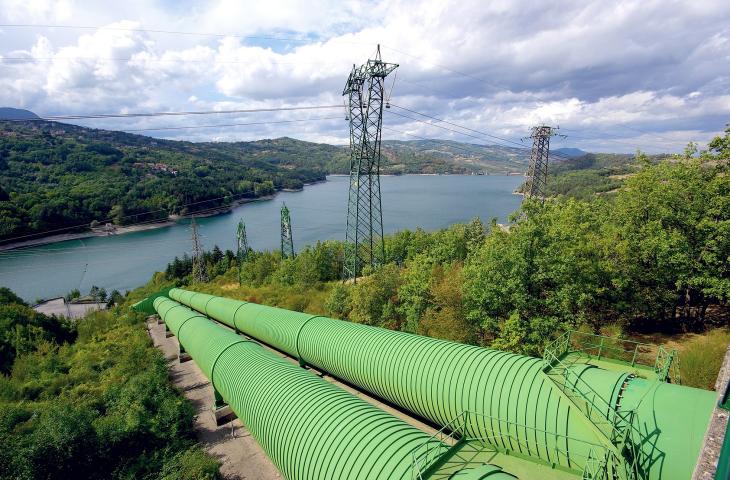MILAN - Climate is crippling the whole planet. The continuous changes in weather will lead to a strong decrease in the production of hydroelectric energy in the next years (around 60%). A forecast that is confirmed by the data from plants present in Europe, USA, South Africa and South America. The issue was raised by a study published on Nature Climate Change, a work produced by a team of researchers of the Dutch University of Wageningen and by the International Institute for Applied Systems Analysis (IIASA).
Hydroelectric and Thermoelectric energy
"Currently hydroelectric and thermoelectric energy contribute together to cover 98% of the production of electricity in the world, say the Dutch researchers. These self-production technologies strongly depend from both the availability of water and from the temperature of water for cooling, which carries out a fundamental role also in the production of thermoelectric energy. Climate change and the following alterations in water resources will therefore affect energy production, while the demand for energy continues to grow with economic growth and the growing world population.
Climate change
The published study presents a global assessment of the vulnerability to climate change and to the reduction of water resources available for the current hydroelectric energy and from the thermoelectric energy production system, on a global level, but also the options for adaptation for water and energy sustainability during the XXI century. "This is the first study of its kind to examine the link between climate change, water resources and electricity production on a global level, states Keywan Riahi, director of the energy program of IIASA. We clearly demonstrate that plants do not only cause climate change but that they could also be strongly affected by it".
by Alessandro Conte











